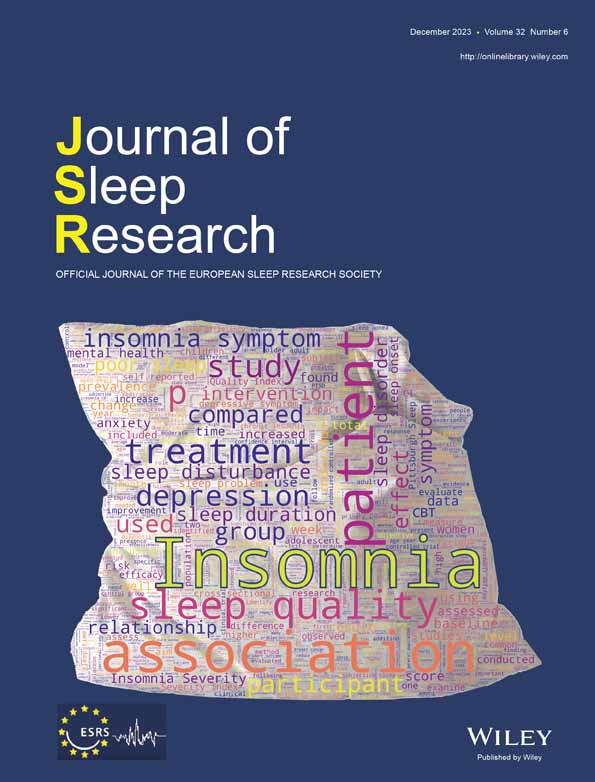
What is your current role in EPAD?
I am a member of the Legal & IP (intellectual property) Committee (LIPC), representing Barcelonaβeta Brain Research Centre (BBRC) that is co-leading the project and provides the Iberian Lead and a Trial Delivery Centre. The LIPC is composed of six members who are experts in legal, business, or intellectual property matters. We participate in regular discussions by conference calls, and at least once a year we meet face-to-face preferably during the General Assembly Meeting. Our mission is to assist the Steering Committee and the General Assembly in ensuring the correct application of IP ownership and access right clauses in relation to the Associated Trial Delivery Centres, Associated Scientific Collaborators, and Accession of new Participants to the Agreement, and other potential areas where legal or intellectual property advice is useful.
What did you do prior to joining EPAD?
I am part of the BBRC team from its very beginning, assuming the Managing Director Role. I am responsible for directing and controlling the institution’s operations as well as giving strategic guidance and direction to the General Director and the Board to ensure that the BBRC achieves its mission and objectives. To highlight some of my annual functions I would mention that I am responsible of preparing, gaining acceptance, and monitoring the implementation of the yearly budget to ensure its targets are met. In addition, I also lead the processes to develop and maintain an effective marketing and public relations strategy to promote fundraising opportunities.
Tell us a bit about the institution / company / organisation you work for
The Pasqual Maragall Foundation (PMF) for research in Alzheimer’s disease (AD) was established in April 2008, as the result of the public engagement of Pasqual Maragall, former mayor of Barcelona and president of the Government of Catalonia, when he announced he had been diagnosed with the disease. The PMF is affiliated to the Pompeu Fabra University in Barcelona (UPF) and develops its research in a joint center venture with UPF, the Barcelonaβeta Brain Research Center (BBRC).
BBRC addresses the challenges AD poses from a scientific point of view, with the decisive commitment to provide solutions and improve the welfare of persons affected by the disease. Its activity is directed at obtaining new scientific knowledge with the objectives of reducing the number of patients, delaying disease progression and providing solutions that improve the quality of life of both patients and their caregivers.
We also campaign to improve public understanding of AD and the devastating impact it can have, and make sure it is taken seriously and acted on by our governments.
Finally, the Foundation through its research centre, BBRC, is conducting the ALFA project for the prospective follow-up of a cohort of cognitively normal participants, many of them first-degree descendent of AD patients, with the aim of increasing our knowledge of the pathophysiology and pathogenic factors emerging at early preclinical AD stages. Within this project, the ALFA parent cohort is composed of 2743 cognitively healthy participants representing the whole spectrum of risk of developing AD that will leverage with different projects. One of these, the longitudinal ALFA+ cohort study will serve, through deep phenotyping, to untangle the natural history of the disease and to model its earliest stages to develop successful trials. Our most ambitious aim is to follow ALFA study participants throughout their lives.
BBRC is working for a future without AD: nowhere is it written that it is invincible.
What are your expectations from the EPAD project?
It is becoming increasingly more evident that many of the changes in the brain that lead to AD dementia start decades before symptoms appear. We therefore need to know how to identify these changes in middle-aged persons and also work out how we can intervene to stop them from progressing. We may be able to stop progression through specific pharmacological and non-pharmacological interventions.
My expectations are,
- To have an extensive pan-European cohort of persons at risk of developing Alzheimer’s dementia that will provide an extraordinary opportunity to better understand human biology behavior and compile enough information about risk factors to develop AD. Hopefully, this will allow us to,
- Find a treatment capable of preventing or delaying the evolution of the disease and the appearance of AD dementia.
- Finally, BBRC involvement in the EPAD project together with leading experts in the AD prevention research field, will enable collaborations between us and other groups similarly determined to fight against AD.







